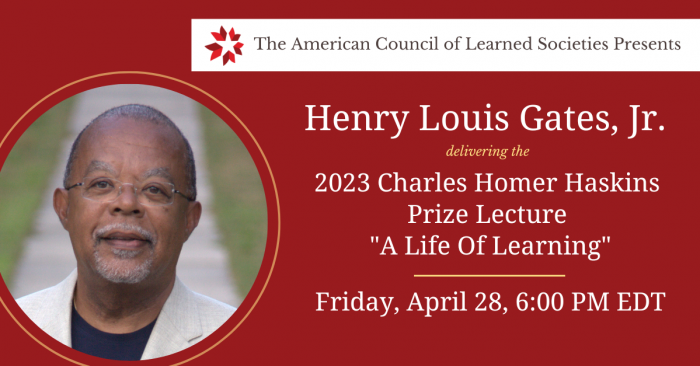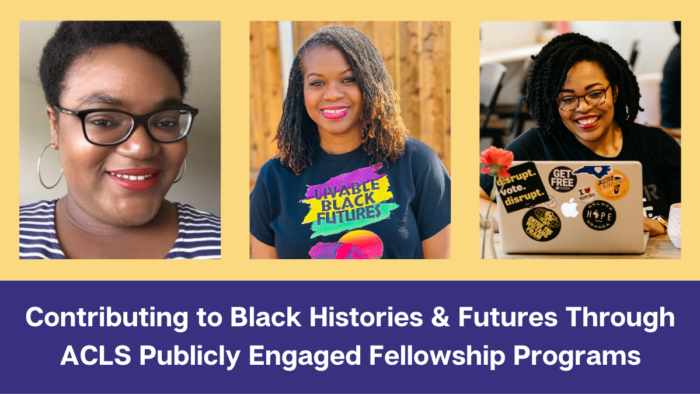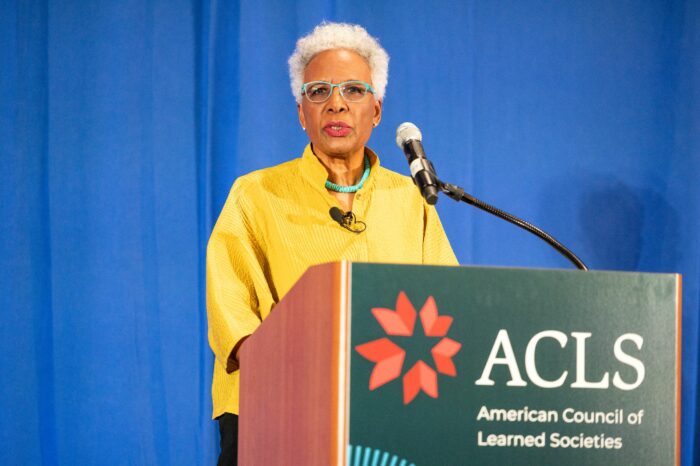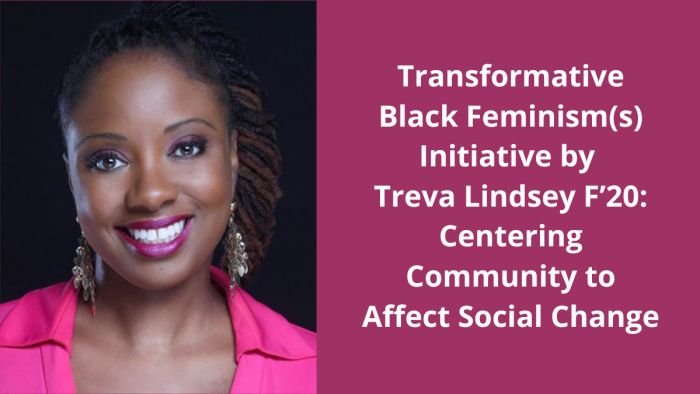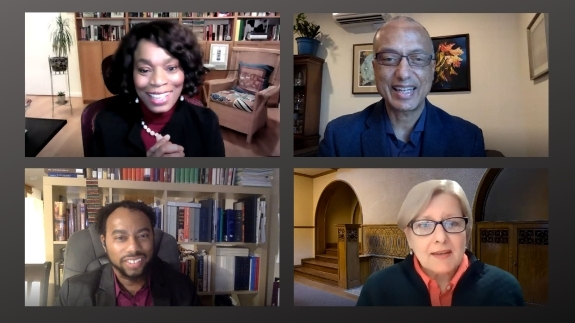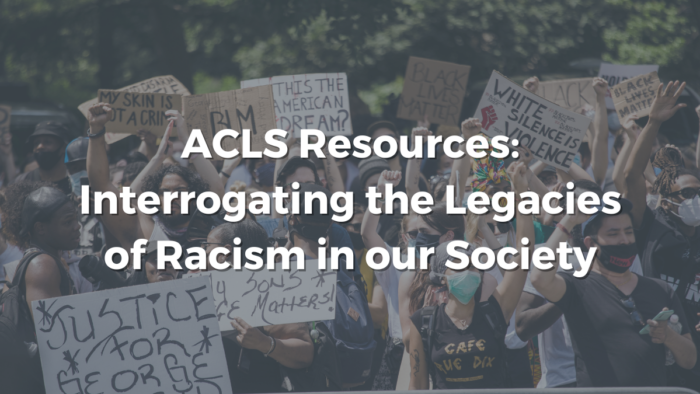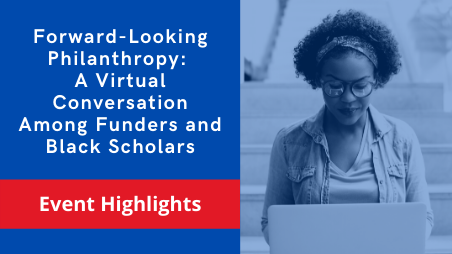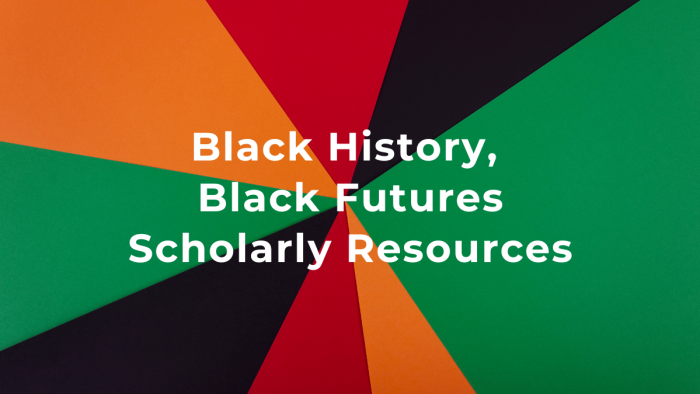

Greetings to the ACLS community!
The poems that I choose each month typically appear at the end of my message. This month, Margaret Burroughs says exactly what I want to say better than I can say it, and her poem comes first.
Let It Be Known
by Margaret Burroughs
Let it be known to all, the story
Of the glorious struggle of my people.
Let it be known that black men and women
Helped to build this our country.
Let it be known that black men and women of the past
In an effort to make this country
What it ought to be, gave up their very last
To make America, a real democracy
A true homeland of the free.
Let our leaders of today go back into the past
And come fighting forth envigored with the spirit
Of Turner, and Vesey, Douglass, Tubman and Truth.
Let our stalwart black youth, lift their heads in pride
As they tell of their fathers’ fight for freedom
To the white youth by their side.
Yes, let it be known. Let all of the old folks tell it
Sing it to the babes yet in arms.
Let us read the glorious story
Right along with our Bible. Let it be known to all,
The story of the glorious struggles of my people.
Too long…Too long has it been kept from us.
“Too long has it been kept from us.” Scholars produce and circulate knowledge: that’s our vocation and our job. At our best, when we see forces at work hindering our research, locking up knowledge and hiding it away, we insist on telling the truth. “Eppur si muove,” Galileo is supposed to have said after being compelled by the Catholic Church to recant his claim that the earth moves around the sun: “still, it moves!”
The stories of Black achievement in Burroughs’ poem are part of the American story and the world’s story, part of our common knowledge. Understanding the full story of our history and culture means intentionally seeking out many perspectives and views, including those that discomfit those accustomed to seeing their story as the only story, or at least the only one worth telling. But the truth helps us understand where we were, where we are, where we might go in the future – and who the “we” is and might be.
Discovering and disseminating knowledge is not about political agendas or personal shaming or culture wars. It’s what scholars do, and it’s crucially necessary – especially given the complex and painful history of American democracy.
In the very first State of the Union address in 1790, George Washington argued that knowledge is “the surest basis of public happiness” in a representative democracy, because “the sense of the community” drives the laws and policies of government. It is part of the tragedy and shame that is woven into American history that Washington did not recognize, let alone celebrate, the Black people who worked, as Burroughs says, “to build this country.” Our responsibility is to understand his failings so that we don’t repeat them in the name of false patriotism. To choose ignorance is to damage ourselves and the nation we want to build.
We see in action today a group of politicians who, through censorship and fear-mongering, is trying to rebrand teaching and scholarship as propaganda and to impose their views of what counts as history in their states. They should know better. Discovering and disseminating knowledge is not about political agendas or personal shaming or culture wars. It’s what scholars do, and it’s crucially necessary – especially given the complex and painful history of American democracy.
Scholars discover new sources, debate competing viewpoints, make informed judgments, and help us all think critically about the world and the many perspectives we need to hold within ourselves if we wish to understand past and present truths. This work takes many shapes, including the new African American Studies Advanced Placement course that one official said “lacks educational value” – a jab at Henry Louis Gates, Jr. and Nell Painter, to name two eminent scholars whom ACLS has recognized with our prestigious Haskins Prize who worked on the new AP curriculum. As Jelani Cobbs says in the New Yorker, the aim seems to be to present white Americans “with a version of the past they can be comfortable with, regardless of whether it’s true.”
Margaret Burroughs’ exhortation “Let it be known to all” captures what drives our work at ACLS every day. Through grantmaking and convening, we encourage inquiry and various ways to share its fruits – specialized and publicly accessible, individually and collaboratively produced, appearing in the pages of books and in digital archives. We proudly celebrate all of those dedicated to advancing and sharing humanistic knowledge, even in the most challenging circumstances.
I am grateful to the leadership of ACLS member societies who have published statements protesting the legislation in Florida and other states. PEN America has too. We express our support to scholars who feel the chilling effect of legalizing limits on speech, and we repeat, in celebration of Margaret Burroughs and Black History Month: let the truth be known to all.

Joy

